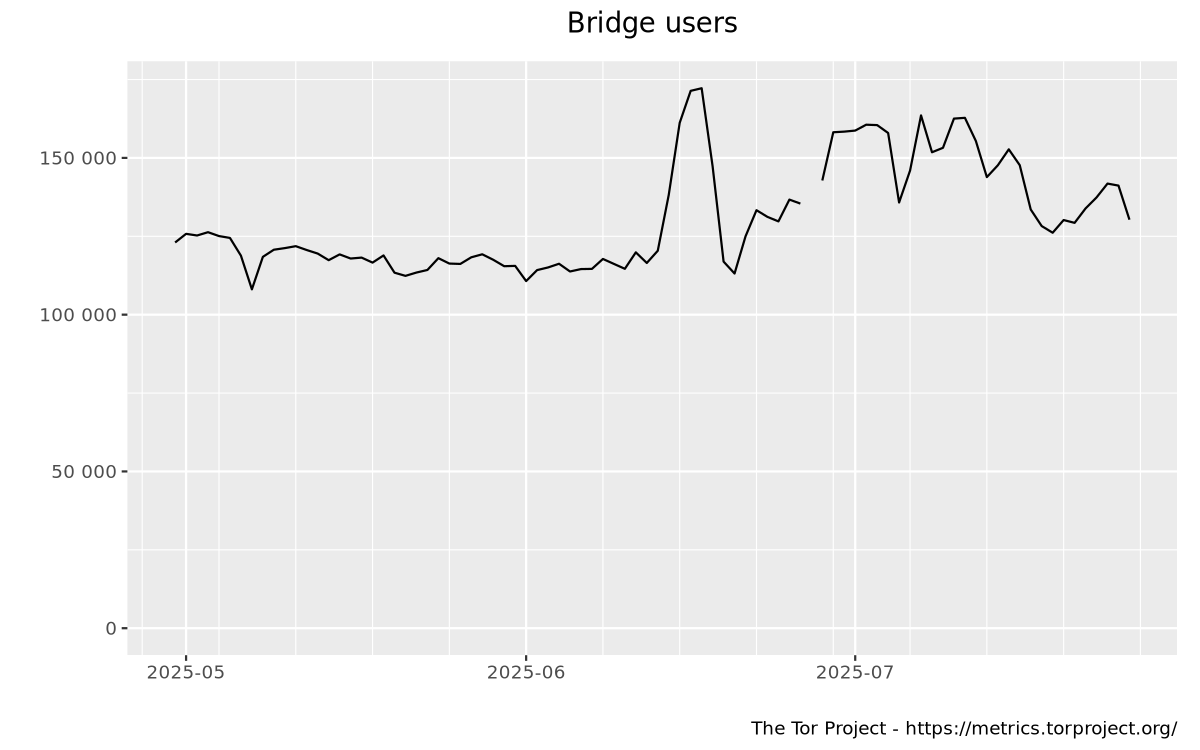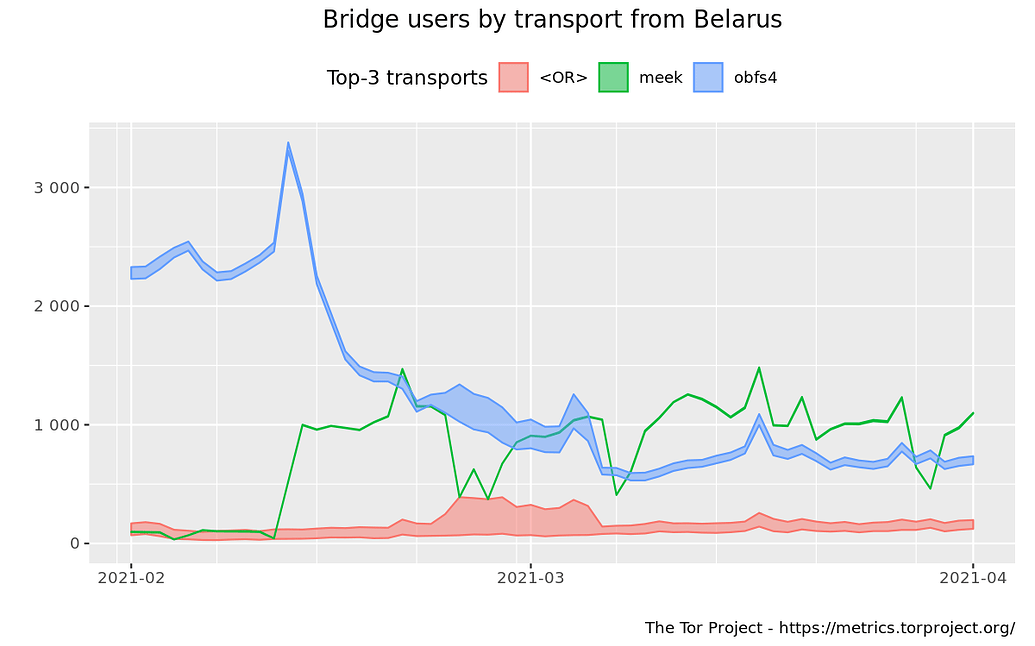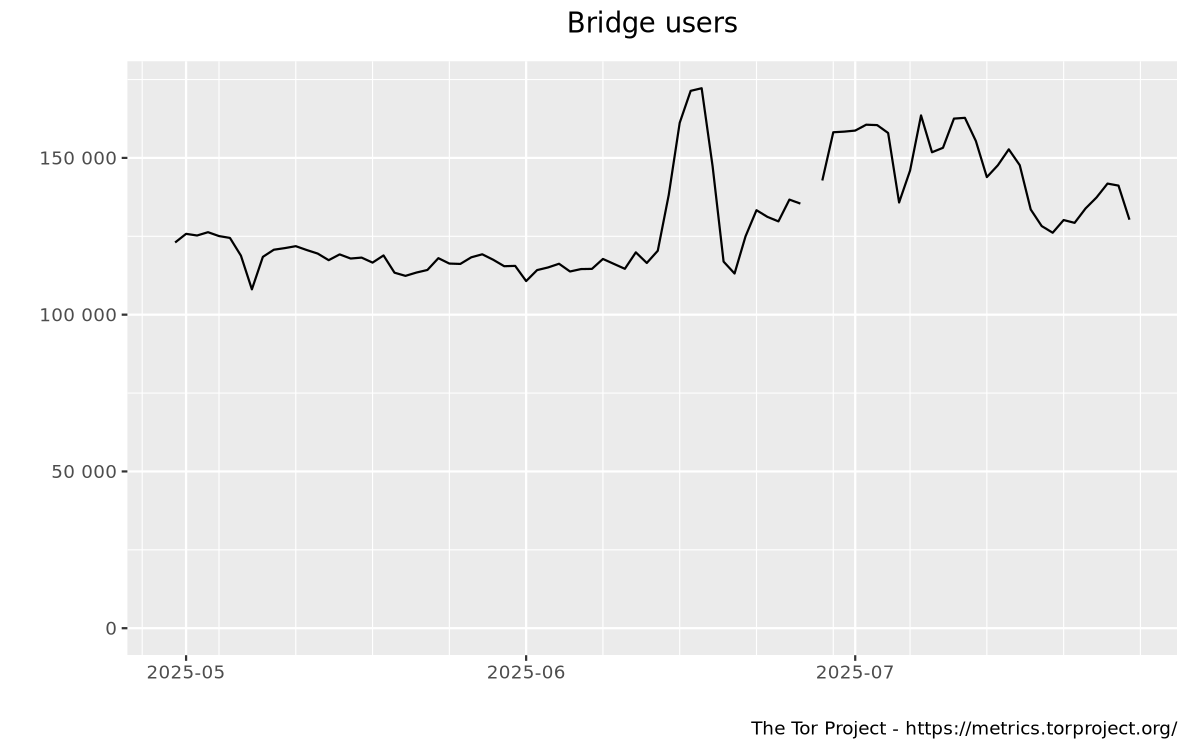

#Tor bridge operators sees server numbers update
Change this to a port of your liking, but remember to update your firewall and router
#Tor bridge operators sees server numbers how to
However, we'll show you how to do it manually. Previously (I'm talking several Tor browser iterations back, now), there was a simple toggle to switch between client and relay mode.

The hope is that even if your ISP is monitoring all known TOR relays, they cannot block all the obfuscated bridges, in turn delivering an extra connection option to those in need.īecoming a Tor relay is slightly more difficult than it used to be. A bridge creates an obfuscated relay on the Tor network that isn't listed in the main directory. In these cases, restricted users can use a bridge. Unfortunately, censors have found ways to block Tor. Of course, one of the major benefits of Tor is keeping your internet browsing private from an oppressive government regime (or otherwise). If you're just looking to encrypt your browsing traffic, and be a little less forthcoming with identifying data on the internet, choose Medium. It strikes a happy balance between a comprehensive internet experience, and anonymity. The level of security you require is, of course, subjective. As such, some font rendering features will fail, as well as images and icons. High security disables JavaScript on all sites, turns all HTML5 media into click-to-play, and disables a significant number of scripts.

Medium security disables JavaScript on non-HTTPS sites, turns all HTML5 media into click-to-play (rather than autoplay), and disables some other scripts. Low security (the default setting) enables all browser features, while still routing and encrypting traffic. DDG search results are a compilation of "over 400 sources." Some users don't like the DDG search results, preferring to use StartPage instead (StartPage acts more as an anonymizing proxy delivering actual Google search results).

Regardless, the Tor welcome page uses anonymity focused internet search tool, DuckDuckGo, by default. There are arguments against Google tracking, and of course, arguments for. Google keeps extensive logs on all searches made using it, as well as tracking your in-browser internet activities. In addition, Tor doesn't connect to Google, by default. The HTTPS Everywhere extension attempts to force HTTPS support on every site, and while many sites support the standard by default, Tor cannot take account for those that don't. Both malicious and non-malicious extensions can reveal your identity without you realizing.


 0 kommentar(er)
0 kommentar(er)
